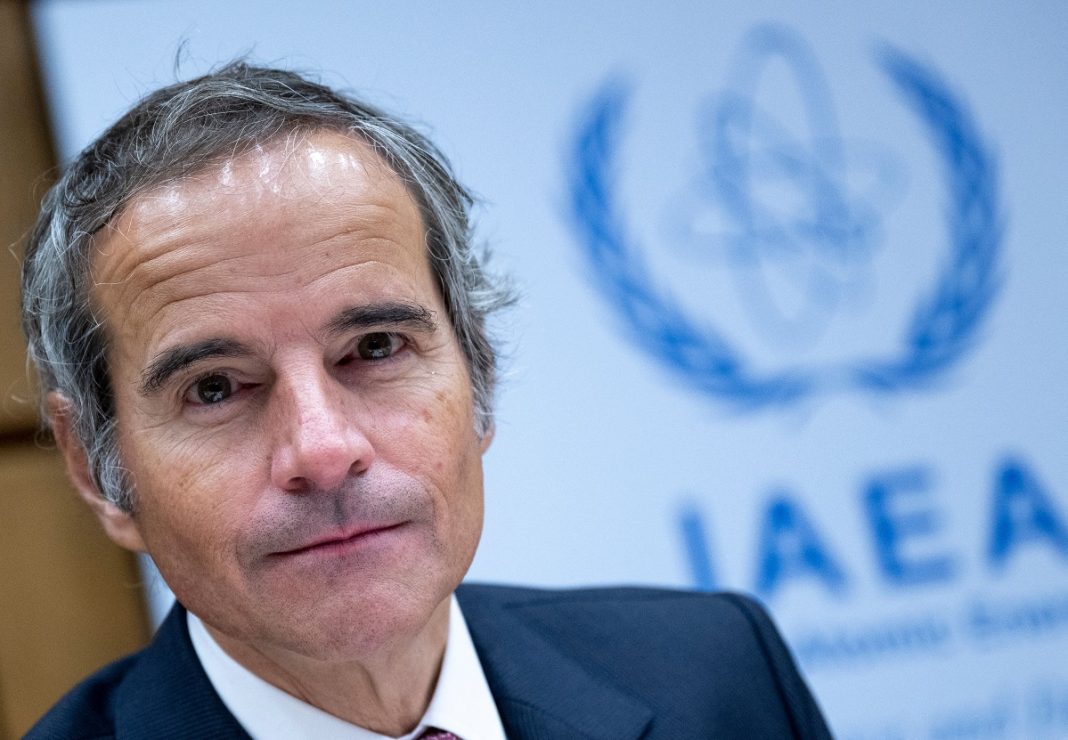In an interview with Al Arabiya, Grossi expressed his willingness to visit Tehran and engage with Iran’s new government
He said he has received a response from President Pezeshkian, confirming his earlier message calling for swift interaction to establish a constructive, smooth, and tangible dialogue to reach credible guarantees about the peaceful nature of Iran’s nuclear program.
The IAEA head noted that “there are still points that need to be clarified and answers that need to be provided to the agency, which have not been given yet”.
He added that the international community has certain expectations, and he is pleased to have received a letter from the new president agreeing to meet and work together.
“I hope the right time for him will be soon; otherwise, it will be pointless.”
The IAEA chief announced his readiness to travel to Iran, stating, “I am ready to come to Tehran, continue the conversation, and interact with the new president as I did with his predecessors.”
When asked if the pause in communication with Iran was requested by Tehran or a decision made by the nuclear agency, Grossi explained that the outcome of the recent developments was due to the absence of a president and foreign minister, with whom he had been in direct and regular contact.
Grossi, who has visited Tehran and met with the foreign minister and the late Iranian president, said, “Given the transition of power in Iran, I thought it logical to wait until the new government took office before resuming talks to achieve tangible results.”
He added, “Now that the new cabinet has been confirmed, and we have a foreign minister I respect and know well, Dr. [Abbas] Araghchi, who was previously a nuclear negotiator. As I said, I am seeking to re-engage with them as soon as possible, now that the new government is in place.”
Iran has proved the peaceful nature of its nuclear program to the world by signing the 2015 nuclear deal with six world powers.
The Joint Comprehensive Plan of Action was a multilateral international agreement signed between Iran and five permanent members of the United Nations Security Council plus Germany in 2015, which required Iran to scale back some of its nuclear activities in return for the lifting of cruel sanctions imposed on the country, especially by the United States.
However, former US President Donald Trump pulled Washington out of the UNSC-endorsed agreement in May 2018, imposing severe economic sanctions against Tehran while Iran was adhering to its commitments under the deal and even continued to do so for a year after the US withdrawal.
Tehran started to reduce its commitments under the deal in a series of pre-announced and clear steps after witnessing the other parties’ failure to secure its interests under the agreement.
